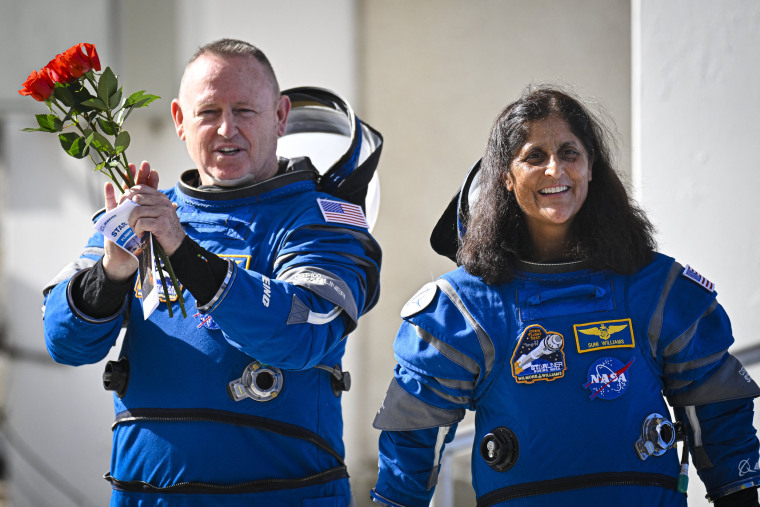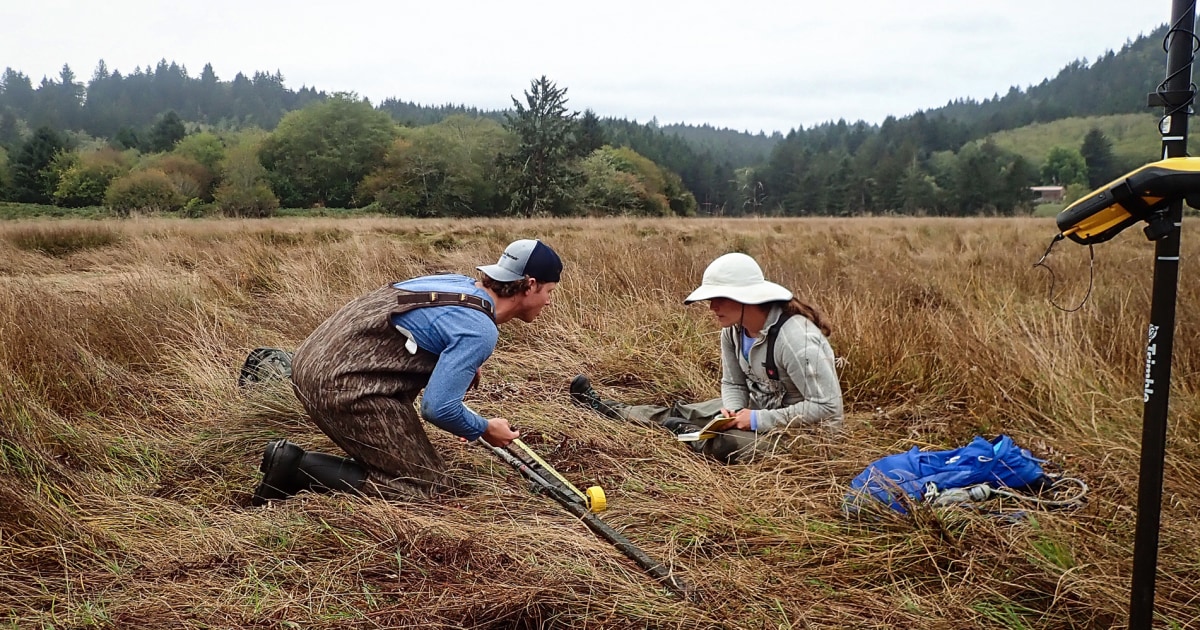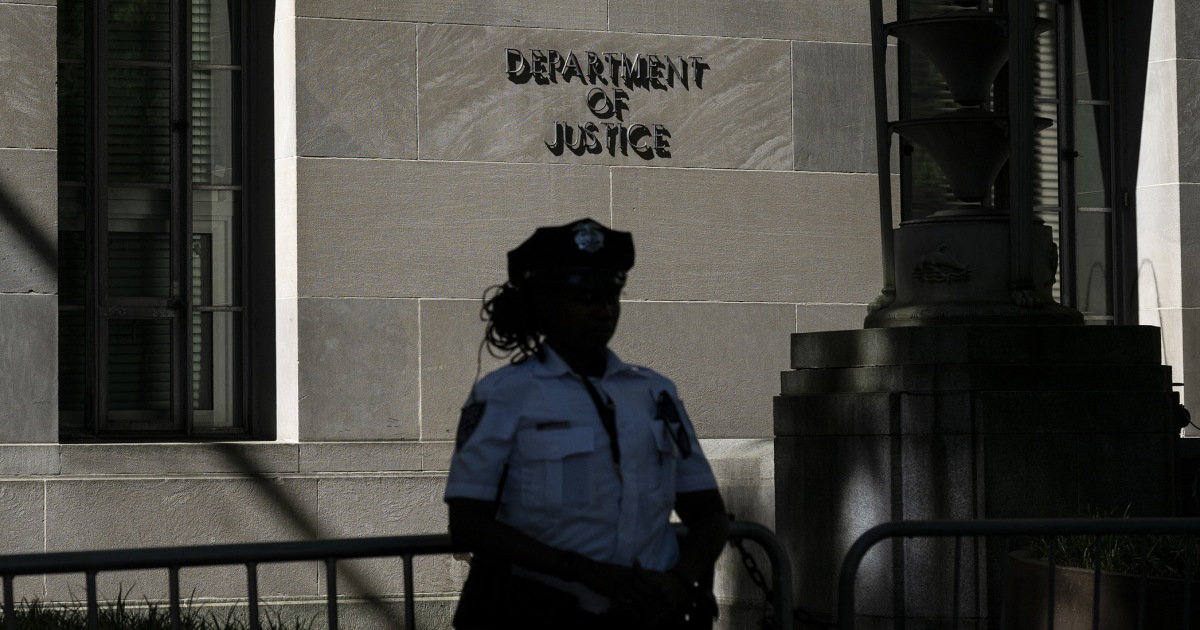Rival companies Boeing and SpaceX are gearing up for a busy week, with each set to launch their rockets and spacecraft on crucial test flights.
Boeing on Wednesday will try for the third time to launch two NASA astronauts to the International Space Station aboard its Starliner capsule. Liftoff is scheduled for 10:52 a.m. ET from Florida’s Cape Canaveral Space Force Station.
The next day, SpaceX will conduct a fourth, uncrewed test flight of its Starship megarocket. Thursday’s launch will occur at SpaceX’s Starbase test site in Boca Chica, Texas, with a target launch window that opens at 8 a.m. ET.
The two companies are seen as spaceflight competitors, but the launches this week have different goals. Boeing’s Starliner spacecraft was developed in partnership with NASA, to ferry its astronauts to and from the space station — a commercial service that SpaceX has already been performing for the agency since 2020.
Boeing's third attempt to launch astronauts to space
If Boeing's first crewed test flight is successful, it would pave the way for the Starliner capsule to conduct routine flights to the space station for NASA, challenging SpaceX’s dominance.
Onboard the Starliner will be NASA astronauts Barry “Butch” Wilmore and Sunita Williams, who plan to spend about a week at the space station before returning to Earth and touching down at New Mexico’s White Sands Missile Range.
 Butch Wilmore, left, and Suni Williams wearing Boeing spacesuits at the Kennedy Space Center on Saturday.Miguel J. Rodriguez Carrillo / AFP - Getty Images
Butch Wilmore, left, and Suni Williams wearing Boeing spacesuits at the Kennedy Space Center on Saturday.Miguel J. Rodriguez Carrillo / AFP - Getty ImagesStarliner’s last launch attempt was called off Saturday with less than four minutes to go before liftoff, after an automatic abort was triggered by one of the computers that controls the Atlas V rocket. The rocket is manufactured by United Launch Alliance, a joint venture of Boeing and Lockheed Martin.
It was Boeing's second launch attempt. The first, on May 6, was scuttled with about two hours to go in the countdown due to an issue with a valve on the rocket. A helium leak was later found in the Starliner capsule’s propulsion system, which led to further delays.
Boeing's Starliner program overall has been plagued by delays and technical glitches. On the spaceship's first uncrewed flight in 2019, software problems forced mission controllers to cut the trip short. The company's next attempt was then delayed several times due to fuel valve issues. It wasn’t until 2022 that Boeing completed an uncrewed flight to and from the space station.
SpaceX's Starship could carry NASA astronauts to the moon
Starship’s test flight Thursday is meant to demonstrate technologies and techniques that will be key on future missions to the moon.
Starship is the most powerful rocket ever developed and is designed to be fully reusable. The system is expected to play an important role in NASA’s plan to return astronauts to the moon: NASA selected Starship to carry astronauts to the lunar surface in the Artemis III mission, which could launch in 2026.
SpaceX also hopes to use Starship to eventually reach Mars.
NASA is separately developing its own Space Launch System megarocket and Orion spacecraft for missions to the moon. As part of the Artemis program, NASA envisions regular missions to establish a base camp on the lunar surface before eventually venturing to Mars.

 1 year ago
1 year ago
 (200 x 200 px).png)








 English (US) ·
English (US) ·